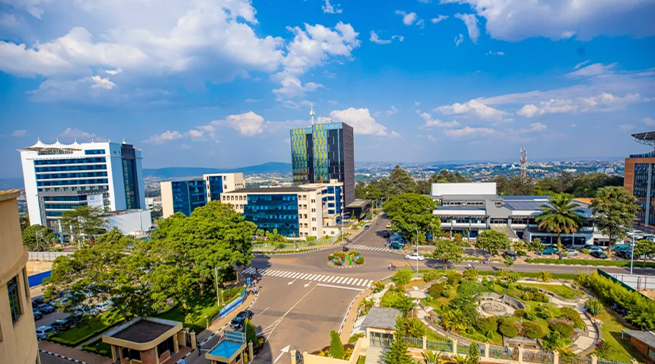In recent decades, Africa’s diplomatic landscape has become increasingly dynamic, characterized by burgeoning relations with global powers. Among these, China’s presence has emerged as particularly influential, provoking both enthusiasm and skepticism. As African nations strive for development and international relevance, their engagement with China offers significant opportunities and challenges that require careful navigation.
China’s influence in Africa is most visible through its substantial investments and infrastructure projects, epitomized by the Belt and Road Initiative. From railways and roads to telecommunications and energy projects, Chinese investments have transformed the infrastructure backbone of many African countries, offering them a leap forward in development. This infrastructural boost is critical for facilitating trade, enhancing connectivity, and attracting further investments.
Moreover, China has positioned itself as a key partner in Africa’s quest for technological advancement. By providing not just infrastructure but also affordable technology and expertise, China plays a pivotal role in Africa’s digital revolution. Initiatives in e-commerce, mobile technology, and AI are examples where Chinese firms are making substantial inroads, helping to bridge the digital divide.
However, this growing influence is not without its controversies. Critics often point to the risk of debt dependency, warning that Africa may find itself in a precarious financial position due to the significant loans from China. There are concerns about transparency, labor practices, and the long-term sustainability of Chinese projects, which sometimes prioritize speed and cost over quality and local employment.
On the diplomatic front, China’s engagement with Africa is multifaceted. Beyond economic ties, China has increasingly participated in peacekeeping efforts and political support in international organizations, positioning itself as a strategic ally. This multidimensional diplomacy often contrasts with the more traditional aid models provided by Western countries, offering an alternative that many African nations find appealing.
As African countries engage with China, the imperative for a balanced diplomatic approach becomes clear. African leaders are tasked with maximizing the benefits of Chinese investments while safeguarding their national interests. This involves ensuring that agreements enhance local economies, promote technology transfer, and uphold environmental and labor standards.
Furthermore, African diplomacy must remain proactive, not passive. By leveraging collective bargaining within frameworks like the African Union and regional blocs, African countries can negotiate terms that prioritize their strategic goals and long-term development.
Ultimately, Africa’s diplomacy in the face of China’s expansive influence is a complex dance that requires agility, strategic foresight, and unity. While China’s presence presents unprecedented opportunities for growth and modernization, it also demands a vigilant approach to ensure that Africa’s development ambitions are driven internally, benefiting its people and preserving its autonomy. Through careful and strategic diplomacy, African countries can harness China’s influence while laying the groundwork for an economically vibrant and politically empowered continent.














